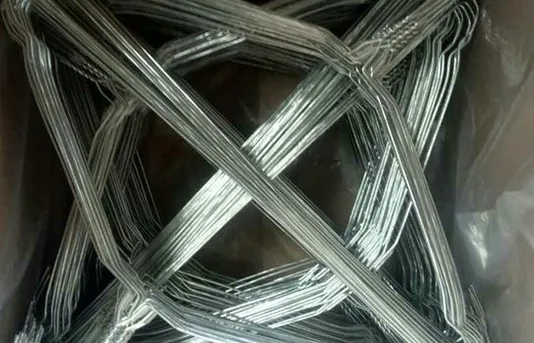-
 Phone:
Phone: -
 Email:
Email:

Cost Analysis of Installing Barbed Wire Fences for Security Purposes
The Cost of Barbed Wire Fences A Comprehensive Overview
Barbed wire fences are one of the most cost-effective options for property delineation, livestock management, and security. Whether you are a farmer looking to protect your pasture, a homeowner wanting privacy, or a landowner in need of boundary definition, understanding the costs associated with barbed wire fences can greatly influence your fencing decisions. In this article, we will explore various factors that affect the cost of barbed wire fences, including materials, installation, and maintenance.
Understanding Barbed Wire
Barbed wire is made of high-tensile steel and features pointed barbs that are typically spaced every 12 inches. The primary purpose of barbed wire is to deter livestock and intruders, making it an excellent choice for rural properties and agricultural use. Although it is relatively inexpensive compared to other fencing materials such as vinyl or wood, the overall cost can vary significantly depending on several factors.
Key Cost Factors
1. Materials The primary material costs include not just the barbed wire itself, but also the posts, binding materials, and any additional components like tension wire or insulators. Barbed wire generally costs between $0.08 and $0.20 per linear foot, depending on the gauge and quality. For a more robust fence, high-tensile wire can cost more but offers better durability and strength.
2. Posts Depending on the type of posts used, the cost can fluctuate. Wooden posts are generally the cheapest option, typically ranging from $3 to $10 each, while metal posts can cost between $5 to $15 each. It’s essential to consider the spacing of posts as well, as closely spaced posts may increase your overall material costs.
3. Installation Installation costs can vary widely based on whether you choose to do it yourself or hire a contractor. DIY installation can save you money, but requires appropriate tools and some proficiency in building fences. Hiring a professional can cost between $1.50 and $3.00 per linear foot, depending on local labor rates and the complexity of the installation. Additional factors such as terrain difficulties or existing vegetation can also affect installation costs.
4. Length of Fence The total cost will heavily depend on how much fencing you need. A small property may require only a few hundred feet, while larger farms may need several miles of fencing. As the length increases, you may benefit from bulk pricing on materials, but the overall expenditure will still rise considerably.
5. Gate Installation If you require access points in your barbed wire fence, gates will add to your costs. Depending on the style and material, gates can range from $50 to several hundred dollars.
barbed wire fence cost

6. Maintenance Costs While barbed wire fences are relatively low-maintenance, periodic inspections and repairs are needed to ensure they remain effective. Over time, wire can stretch or sag, and rust can occur, especially in damp climates. Maintenance costs will vary based on the extent of repairs needed and the frequency of maintenance.
Estimated Total Costs
To offer a ballpark estimate, let’s consider an example where a farmer wishes to install a 1,000-foot barbed wire fence. Assuming the cost of materials is around $0.15 per foot for the wire, $10 per post, and an average of one post every 10 feet, the material cost breakdown would be approximately
- Barbed Wire 1,000 feet x $0.15 = $150 - Posts 100 posts x $10 = $1,000 - Miscellaneous materials (insulators, nails, etc.) $100 - Total material cost $1,250
If the farmer decides to hire a contractor for installation, and the contractor charges $2.00 per linear foot, the installation cost would be
- Installation 1,000 feet x $2.00 = $2,000
Adding both material and installation costs, the estimated total cost for the fence would be approximately $3,250.
Conclusion
In conclusion, the cost of installing a barbed wire fence can vary significantly based on various factors such as material choices, installation methods, and the size of the area to be fenced. Being well-informed about these costs can help you decide on the best fencing solutions for your needs while ensuring that you stay within your budget. Whether you're protecting livestock, marking property boundaries, or enhancing security, barbed wire remains one of the most economically viable fencing options available.
-
Wire Mesh for Every Need: A Practical SolutionNewsJul.25,2025
-
Steel Fences: Durable, Secure, and Stylish OptionsNewsJul.25,2025
-
Roll Top Fencing: A Smart Solution for Safety and SecurityNewsJul.25,2025
-
Cattle Farm Fencing Solutions for Maximum SecurityNewsJul.25,2025
-
Affordable Iron Binding Wire SolutionsNewsJul.25,2025
-
Affordable Galvanized Wire SolutionsNewsJul.25,2025
-
Wire Hanger Recycling IdeasNewsJul.25,2025








